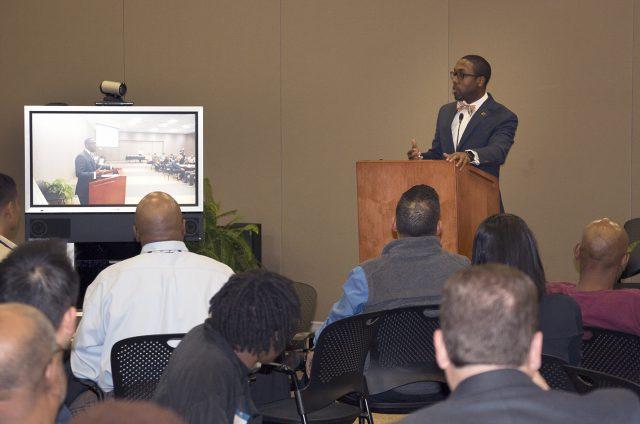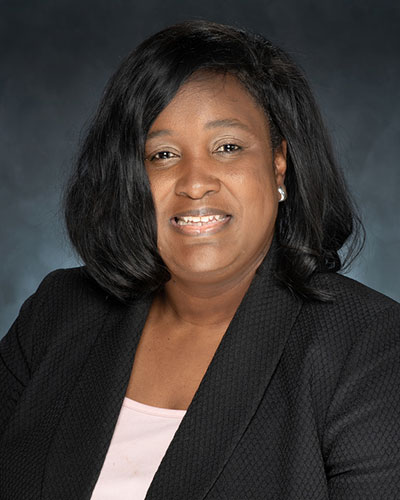By Michael Foster-Sanders/reporter
NE student Junichi Royal says many minority male college students have a disadvantage because they lack a support system when it comes to dealing with issues that may arise and the mindset that develops.
“The quote-unquote ‘Be a man’ is just another way to say, ‘Don’t ask any questions. Try answer them yourself,’” Royal said. “If you have any problems, suck it up, and let it go.”
Royal was one of the lucky ones. He said having mentors and a support system helped him in his time of need.
He found that help at TCC in the Men of Color Mentoring program.
“There were times I was going through trouble myself and trying to find the right people to talk to,” he said. “But engaging in this Men of Color Mentoring program and its brotherhood was giving me a brighter future to look toward.”
An article by Grace Chen of Community College Review examined the college student spectrum of minority students.
“U.S. Census Bureau reports show that 42.3 percent of African-Americans enrolled in college programs are specifically taking courses at community college,” Chen wrote.
“Fifty percent of Native American college students, as well as over 55 percent of Hispanic college students, are also enrolled in classes at various community colleges.”
Chen also discussed in the article the issues that could affect minority students and cause them to struggle or drop out.
“These populations of students may be confronted with many issues that are detrimental to their retention and success, such as lower levels of academic preparation in high school, lower socioeconomic status and greater alienation in these institutions,” she said. “Many community colleges report higher dropout rates and lower academic achievement results from minority students.”
Radio/television/film instructor Adrian Neely gave his perspective of being a mentor to minority men.
“To be a successful student, if I can offer a word or something to help when the semester gets deep, that doesn’t take any time for me to offer words of encouragement,” he said.
Neely has witnessed the results when mentees were dedicated to the Men of Color program.
“Yes, people I’ve seen that actively participate in the program show positive effects from it,” he said.
Freddie Sandifer and Pete Portillo are the student success coordinators for the district’s Men of Color Program, founded in 2012.
“I was the academic advisor at TR Campus, and I needed to help African-American and Latino males because I saw them come into school at the beginning of the semester, but towards the end, they would stop coming,” Sandifer said. “I asked the data department to send me the data on that, and I saw that we lost 60 percent of those students. I knew then that we had to put a program in place to help them.”
Portillo said the program uses various methods to help students succeed in college. For instance, they provide workshops with relevant topics students can identify with.
“What we provide is a sense of a community, which our students call a brotherhood, to make them feel comfortable on campus,” he said. “And if they feel comfortable, they are going to want to go out and look for resources to help. So that’s the goal when it comes to the program.”
Sandifer said Men of Color has made an impact on graduation rates since being implemented.
“If you look at our success rates, our retention rates, they are higher than any program in this district and nationwide,” he said. “We look at 78 percent success rate, and graduation rates are high — just by being that helping hand, father figure or big brother that they can come to talk to. We don’t use any additional resources. We teach our students to use the resources that’s available.”





































